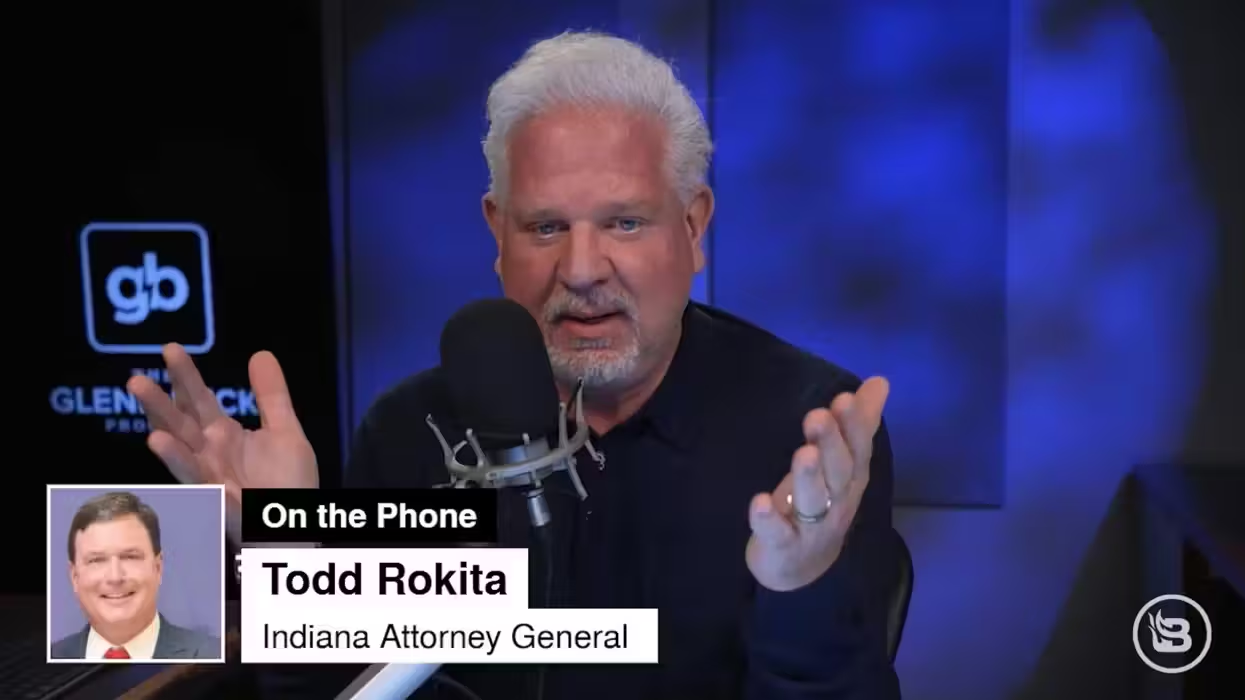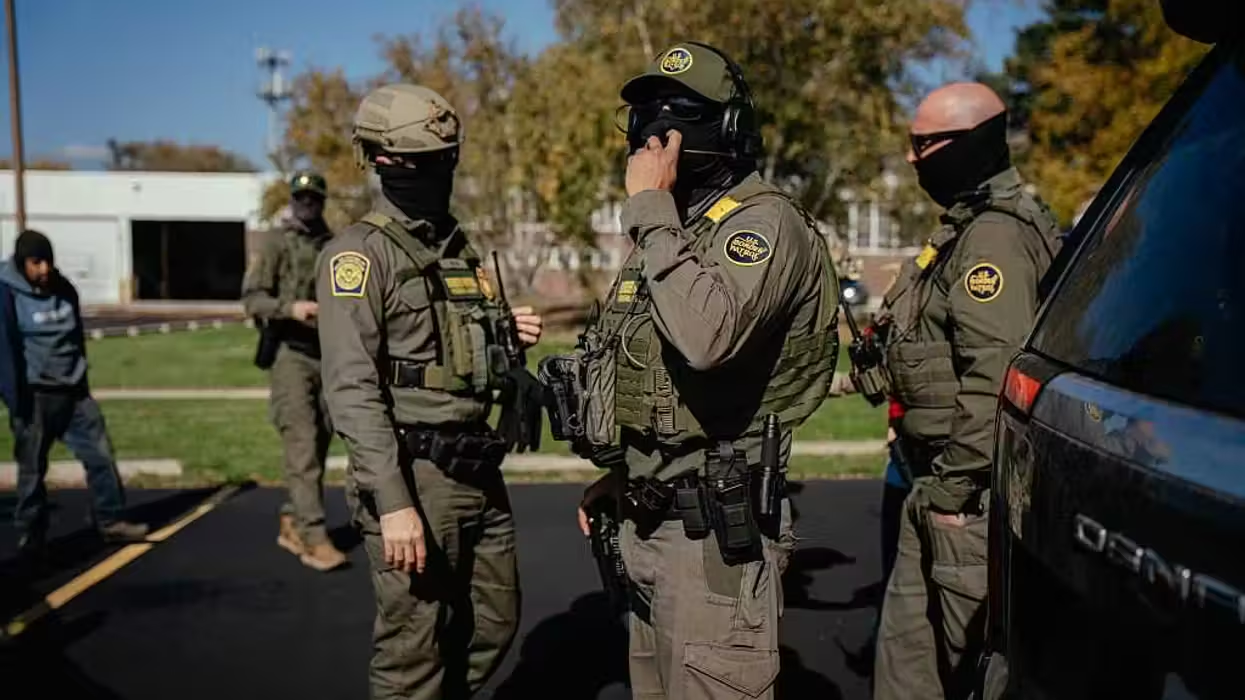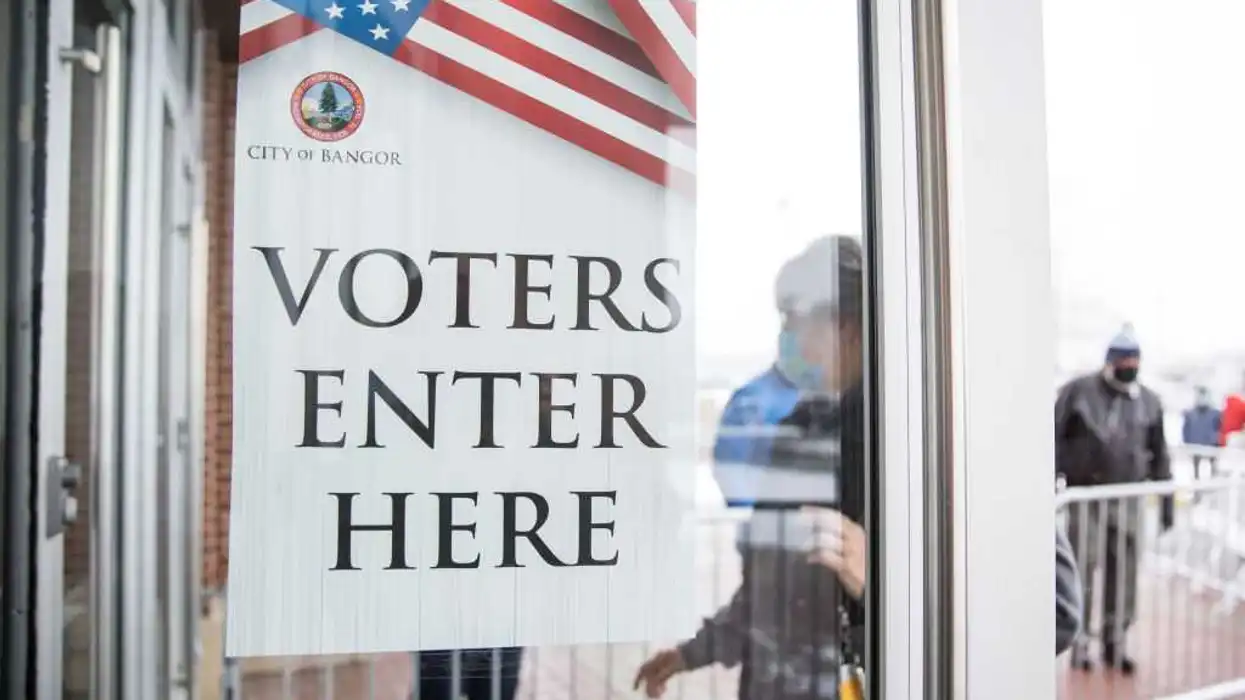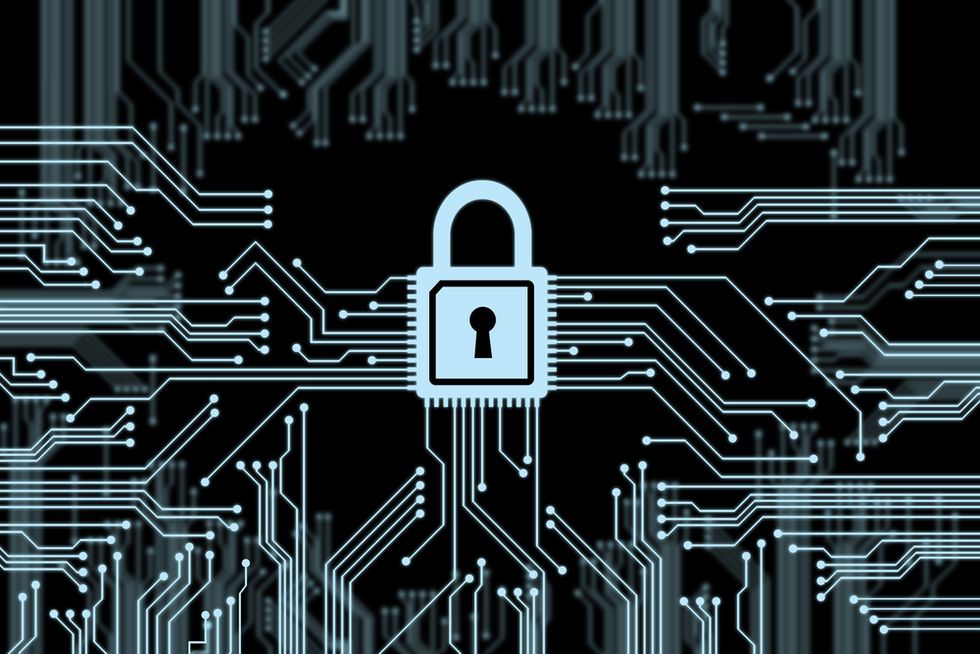
© 2025 Blaze Media LLC. All rights reserved.
DHS Secretary to Silicon Valley Tech Companies: ‘Our Inability to Access Encrypted Information Poses Public Safety Challenges’
April 22, 2015
"Encryption is making it harder for your government to find criminal activity."
Just as the Department of Homeland Security secretary was speaking at a security conference this week, encouraging Silicon Valley tech companies to help it strike a balance between citizen privacy and law enforcement's need to obtain encrypted data, privacy advocates say they think there's more to government surveillance that Americans need to know.
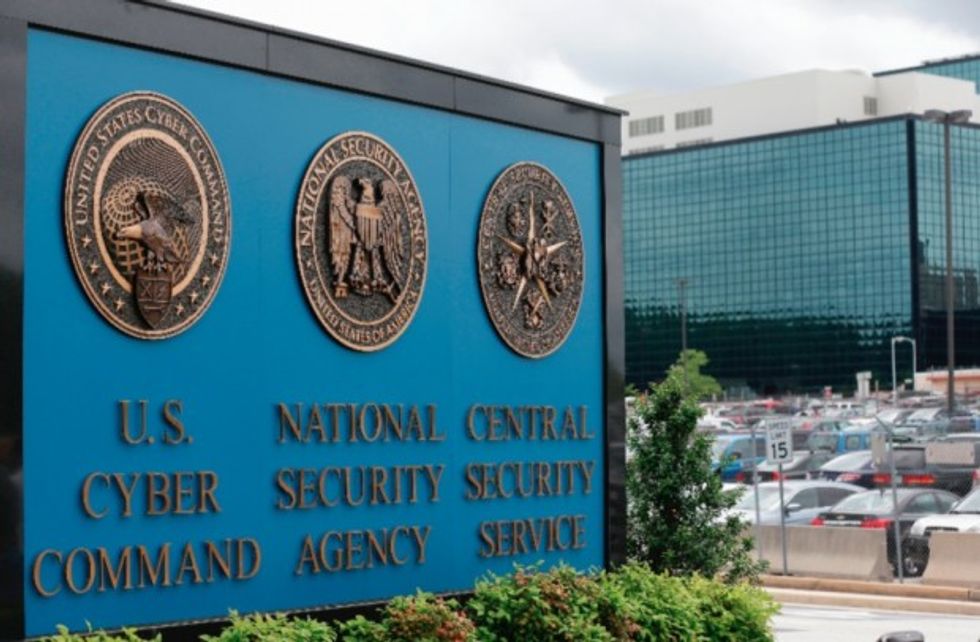
"[T]he public lacks information it needs to understand the significance of the powers that government already has and the significance of the powers that the government is asking for," said Jameel Jaffer, deputy legal director of the American Civil Liberties Union.
Jaffer and other critics say that despite the revelations that came with the leaks about the surveillance conducted by the National Security Agency, key language in these documents remains censored and the release of information has been selective. They expressed concern that the ongoing trickle of once-secret memos suggests more information remains outside the public's reach.
The NSA program that collects and stores phone records is conducted under Section 215 of the USA Patriot Act. The extent of its reach remained secret until Edward Snowden, a former NSA systems administrator, disclosed details of the surveillance in 2013. Amid a public backlash, President Barack Obama has proposed that the NSA stop collecting the records in bulk and instead request them from phone companies as needed for terrorism investigations. Congress is now deciding whether to renew or modify the phone records collection when the law authorizing it expires in June. Legislation is expected to be unveiled Wednesday in the House.
"If the government is asking for the renewal of this authority, the public has a right to know at least in general terms how the authority is being used, and right now the public doesn't have that," Jaffer said.
Intelligence officials say the program — it collects the "to" and "from" information on phone calls but not their content — is critical to detecting terrorist plots and have sought to justify it through the ongoing declassification of materials, including from the Foreign Intelligence Surveillance Court.
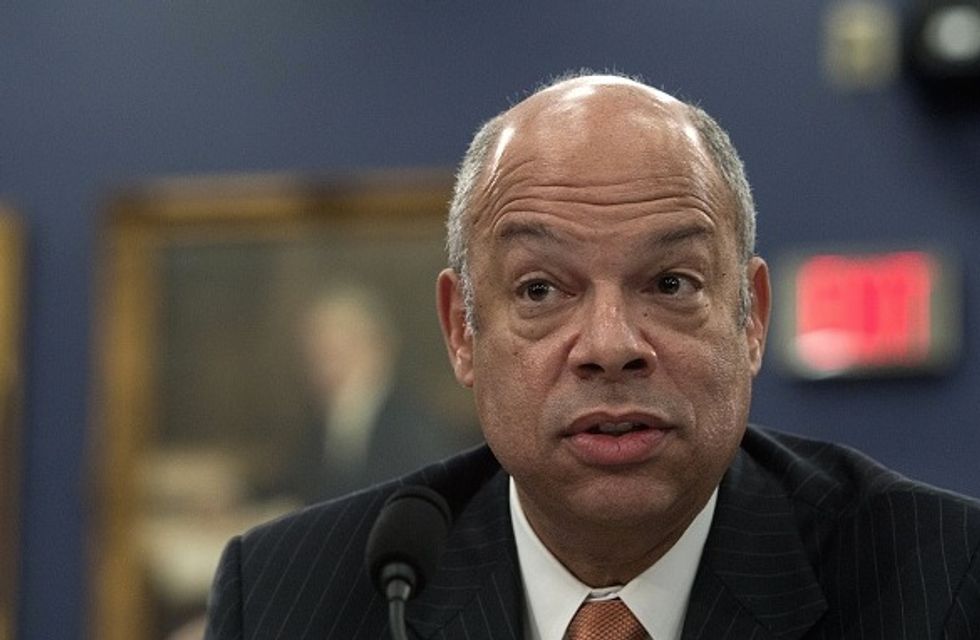
DHS Secretary Jeh Johnson used a similar argument this week at the RSA security conference in San Francisco to emphasize the need for law enforcement to have access to encrypted data:
The current course we are on, toward deeper and deeper encryption in response to the demands of the marketplace, is one that presents real challenges for those in law enforcement and national security.Let me be clear: I understand the importance of what encryption brings to privacy. But, imagine the problems if, well after the advent of the telephone, the warrant authority of the government to investigate crime had extended only to the U.S. mail.
Our inability to access encrypted information poses public safety challenges.
In fact, encryption is making it harder for your government to find criminal activity, and potential terrorist activity.
We in government know that a solution to this dilemma must take full account of the privacy rights and expectations of the American public, the state of the technology, and the cybersecurity of American businesses.
We need your help to find the solution.
To further foster that relationship and help find a solution, Johnson announced that the DHS was opening a satellite office in the Silicon Valley to "serve as another point of contact with our friends here."
"We want to strengthen critical relationships in Silicon Valley and ensure that the government and the private sector benefit from each other’s research and development," he said.
(H/T: Gizmodo)
—
The Associated Press contributed to this report.
—
Front page image via Shutterstock.
Want to leave a tip?
We answer to you. Help keep our content free of advertisers and big tech censorship by leaving a tip today.
Want to join the conversation?
Already a subscriber?
more stories
Sign up for the Blaze newsletter
By signing up, you agree to our Privacy Policy and Terms of Use, and agree to receive content that may sometimes include advertisements. You may opt out at any time.
Related Content
© 2025 Blaze Media LLC. All rights reserved.
Get the stories that matter most delivered directly to your inbox.
By signing up, you agree to our Privacy Policy and Terms of Use, and agree to receive content that may sometimes include advertisements. You may opt out at any time.

